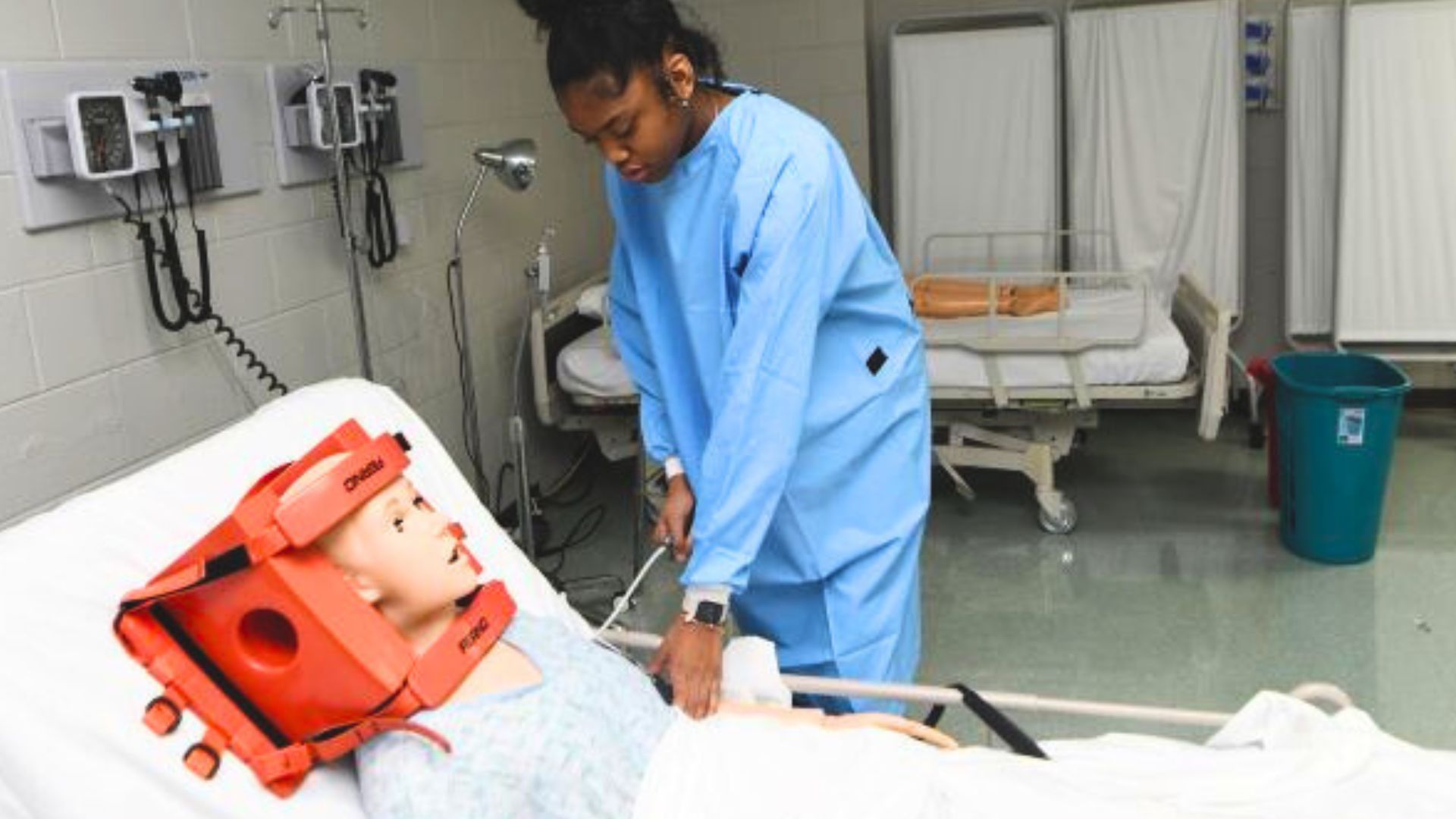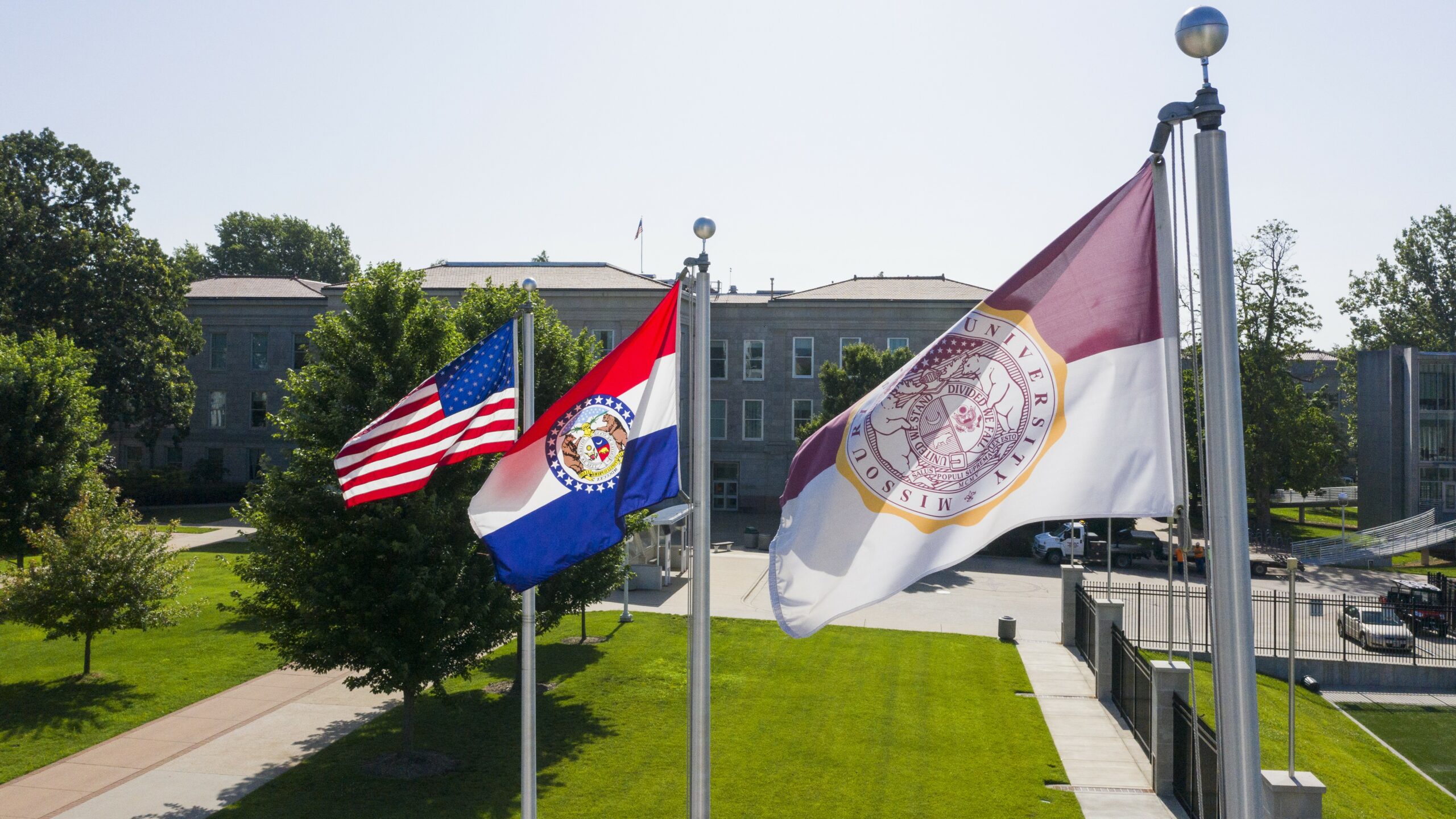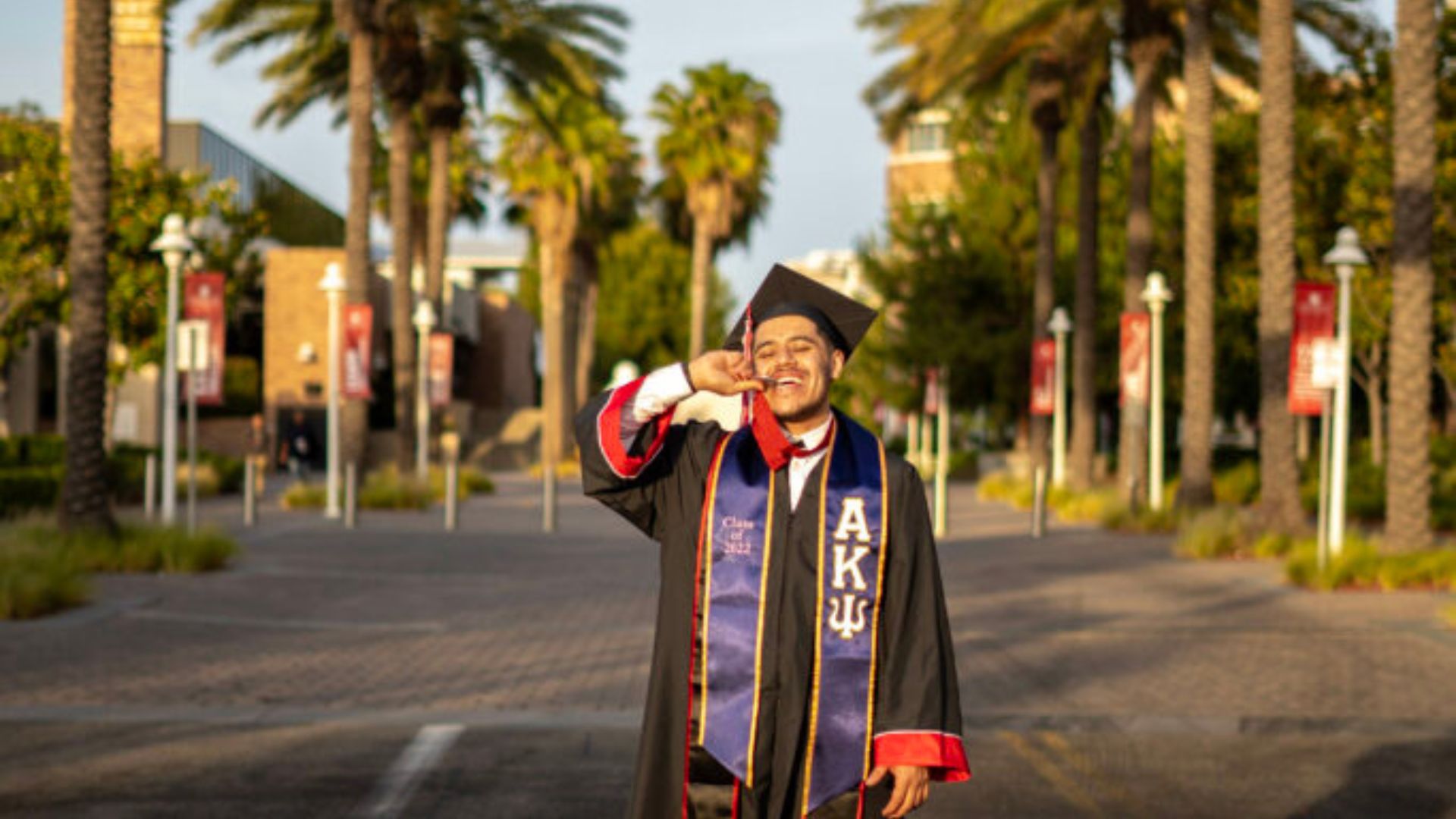Traditionally, college faculty have shared their expertise through classroom instruction. But a recent report from the American Council on Education suggests that teaching only the specific discipline isn’t enough. Even armed with their degrees, many recent graduates don’t have the full skill set that employers are expecting from them.

Beyond Classroom Borders: Linking Learning and Work Through Career-Relevant Instruction says as the nature of future work rapidly changes “students are being called to professions that may not yet exist.”
Creating a Culture of Career-Relevant Teaching
This demand from employers calls upon colleges to be responsive to change and the future of work, according to the report. Curricula must become adaptive. Faculty have to expand beyond their specific areas of study and their teaching must broaden students’ chances of success in the workplace.
Adding this component to classroom instruction will make students more employable after graduation. Upon completion of college, only 27 percent of graduates end up working in a field related to their major.
Among the top skills needed for work in 2020 are creativity, complex problem solving, and emotional intelligence. Other skills favored by employers include communication, critical thinking and reasoning, ethical decision-making and leadership. These skills go beyond any particular major or profession.
Instruction tied to work already occurs on many campuses but is still an informal practice, unmeasured and may not be clearly recognized as so by students or employers. Faculty need to draw strong connections between the discipline and careers. This allows students to communicate to employers what they know and can do.
Cross-Campus Expertise
Campuses have guidance professionals, but their time spent with students is much more limited than students’ time spent with their professors. Faculty have the greatest influence over a student’s progress during and after college. Including curricula that helps students succeed when they enter the workplace will redefine the importance of faculty contributions.
Asking professors to adjust their teaching and asking guidance professionals to align their efforts on classroom instruction could feel threatening to both of their professional identities. Faculty might resist including curricula that better prepares students for the future of work feeling that is the job of the campus career center.
But a collaborative approach between these professionals could result in cross-campus relationships. Academic and career advisers could act as consultants to departments, becoming instrumental resources for career-relevant information, argues the ACE report.
Faculty Motivation and Teaching Outcomes
The report’s authors—Steven C. Taylor and Catherine Haras of Ed2Work Solutions—are not suggesting that faculty do more work, but rather make a mental shift. This will require active conversations about why the discipline matters in the context of work. Colleges must encourage faculty to try new teaching practices.
Career-relevant curricula is created by considering peer and student feedback. Professors from different departments could collaborate to explore how workplace skills could be incorporated into the curricula that faculty are already teaching.
With so many classes dominated by one-sided lecture, many professors do not have a strong understanding of employability curricula, according to the report. As they hone their teaching skills, faculty will be more motivated if they are capable of adapting, feel they are contributing to a successful outcome and are able to acknowledge their efforts are worthwhile.
Non-Academic Skills to Be a Successful Employee
Students will need to become skilled at adapting over time by upgrading knowledge, abilities and skills.
Students will also need to develop job crafting behavior—when students align their preferences, motives and job interests. The gig economy is an example of job crafting behavior. Rather than having traditional 9-to-5 jobs, workers perform project-based employment that is specific to their expertise.
Job crafting behavior results in a better fit between worker and job—resulting in higher motivation. Learning career-relevant skills at the college level increases students’ success at finding any number of jobs while continuing to learn along the way.
The future of work is complex. Beyond discipline-specific knowledge, graduates have to anticipate multiple careers, develop a tolerance for ambiguity and find the ability to live with purpose in an unknowable future. Equipping students to become engaged, not just in the workplace, but in their communities—has never been more important, says the authors. Colleges and their faculty have an absolute role in preparing their students for what lies ahead.
Related Stories:
Bridge the divide with 21st-century tools
Reimagining the role of career services on campus
Future-ready: Expanding the work-based pipeline











